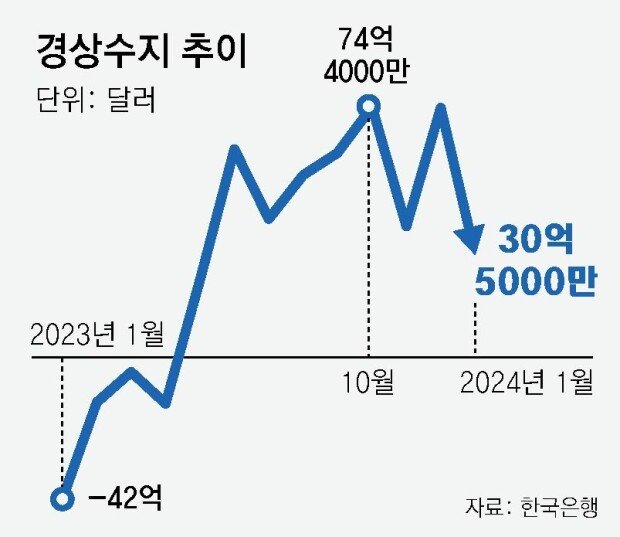
As the global semiconductor competition escalates, politicians are ramping up their pledges to bolster the semiconductor industry ahead of the April 10 general elections. Both the ruling and opposition parties are vying to make commitments, including pledges to remove regulatory obstacles hindering factory establishment and to enhance tax incentives. They particularly focused on winning over voters in the southeastern region of Gyeonggi Province, where semiconductor companies are clustered.
The People Power Party pledges to support the government’s proposal to establish a ‘Southern Gyeonggi Semiconductor Mega Cluster’ while also proposing to fortify the K-Chips Act by incorporating special provisions to expedite licensing procedures. On the other hand, the Democratic Party of Korea has declared its intention to designate the southern and eastern areas of Gyeonggi province, including Suwon, Yongin, Icheon, and Hwaseong, as specialized semiconductor zones. Additionally, they aim to prolong the sunset period for the national strategic technology investment tax credit, which is currently set to expire at the end of this year.
The ruling and opposition parties should speak with one voice on the necessity of supporting the semiconductor industry. However, some assess that the hastily crafted policies ahead of the general election are not only more or less the same but also far behind compared to competing countries. The U.S. government is providing $39 billion (about 52 trillion won) in subsidies to companies building semiconductor factories in the country. Japan provided 4 trillion won to support just one factory jointly built between Taiwan’s TSMC and a domestic company. The Taiwanese government is investing 100 billion Taiwanese dollars (about 4.2 trillion won) in the ‘Taiwanese version of Silicon Valley’ project.
Meanwhile, support in Korea is limited to tax deductions and providing administrative convenience. The ruling party, mindful of fiscal deficits and criticism of “special treatment for large corporations,” and the opposition party, which opposes “tax cuts for the rich,” are neglecting subsidy support. The K-Chips Act, which increased the corporate tax deduction for investments by large companies from 8% to 15%, will expire at the end of this year. The temporary investment tax credit, which provides an additional 10-percentage-point reduction in corporate tax, expired at the end of last year after both ruling and opposition parties abandoned it.
As competition for semiconductor dominance heats up globally, each country is ramping up efforts to stay ahead. To prevent ASML, the sole provider of extreme ultraviolet lithography equipment in the world, from relocating its headquarters abroad, the Dutch government is set to implement tailored measures for ASML in the first half of the year. Meanwhile, a U.S. firm, having poached key talent from Korea’s leading memory semiconductor company, is poised to unveil its next-generation AI-driven product ahead of Korea.
The upcoming general elections will take place amidst significant challenges facing the Korean semiconductor industry, both domestically and globally. It’s imperative that both the ruling and opposition parties offer robust support measures to empower Korean companies in the face of intense global competition. Voters, in turn, must scrutinize each party’s and candidate’s semiconductor pledges to discern which will indeed bolster Korea’s economy’s future.



